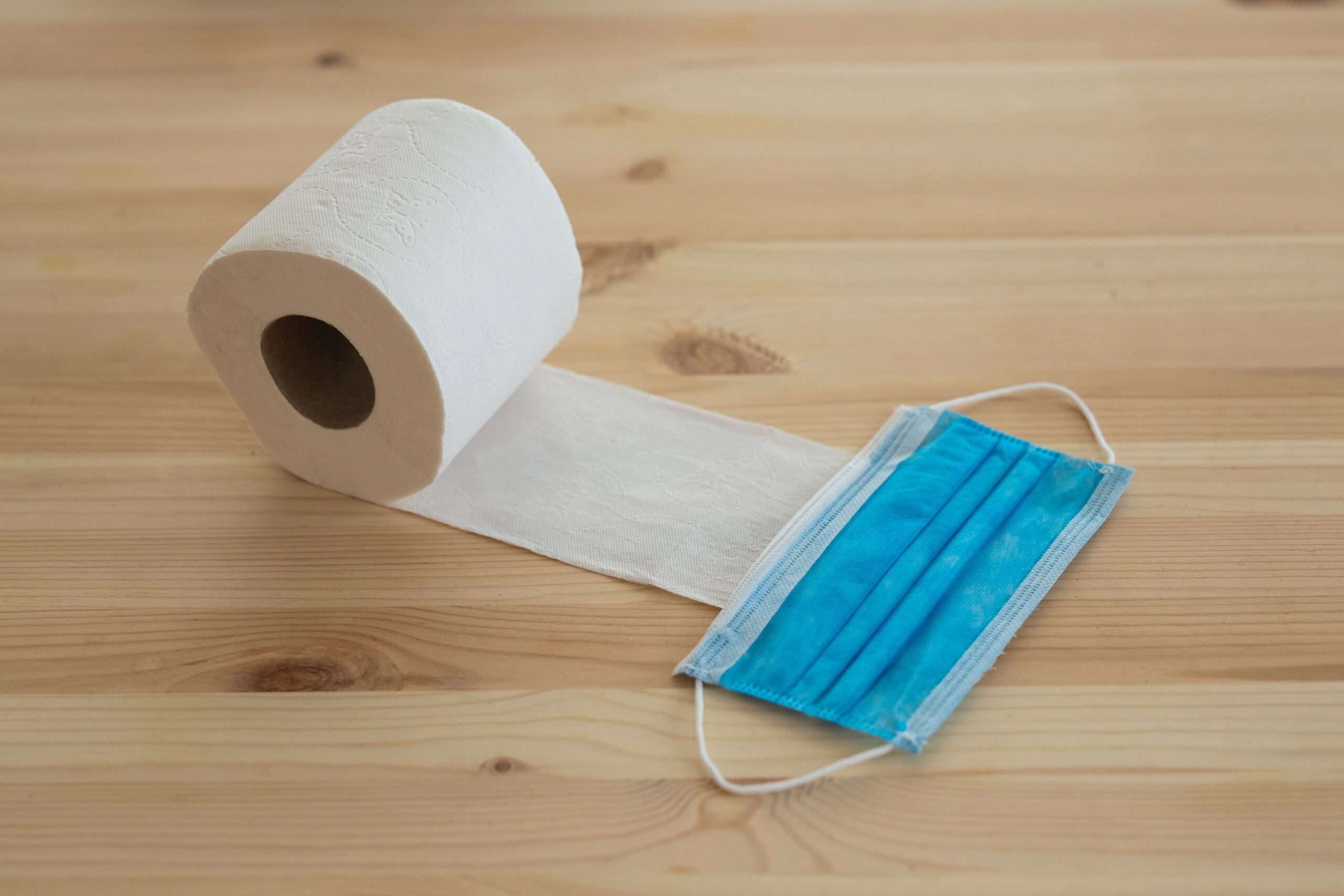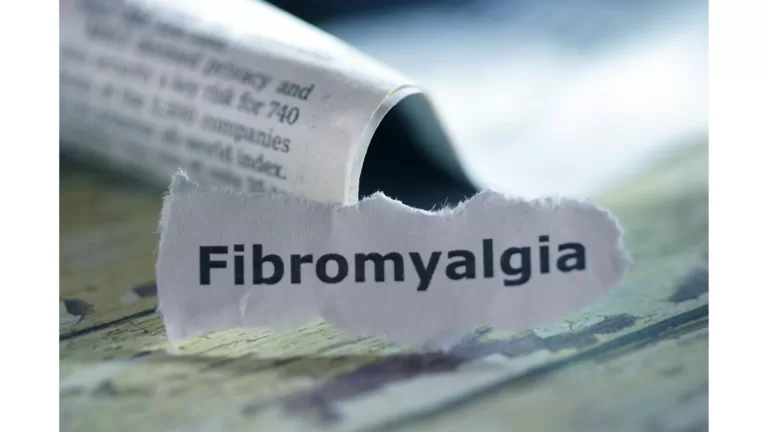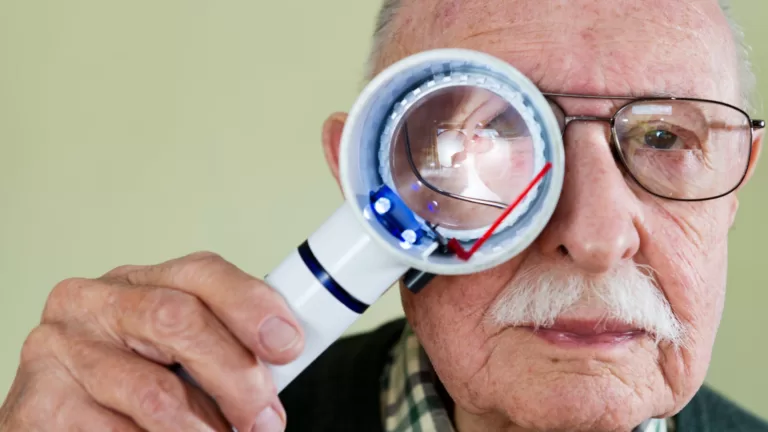Is Jaw Pain a Symptom of Covid?
Jaw pain is a common symptom that can be caused by a variety of factors, including dental problems, temporomandibular joint disorder (TMJ), sinus problems, infections, trauma or injury, and other medical conditions. With the ongoing COVID-19 pandemic, there have been reports of jaw pain as a symptom of the virus. In this article, we will explore the causes of jaw pain, whether Jaw Pain is a symptom of COVID, and how to treat and prevent it.
What is Jaw Pain?
Jaw pain is discomfort or pain in the jaw area that can be caused by a variety of factors. The jaw is made up of two bones, the mandible (lower jaw) and the maxilla (upper jaw), which are connected by the temporomandibular joint (TMJ). The TMJ allows for movement of the jaw when speaking, chewing, and yawning.
Common causes of jaw pain include dental problems such as cavities or gum disease, TMJ disorders, sinus problems, infections such as abscesses or osteomyelitis, trauma or injury to the jaw or face, and other medical conditions such as arthritis or fibromyalgia.
Causes of Jaw Pain
- Dental problems are a common cause of jaw pain. Cavities and gum disease can cause toothaches and inflammation in the gums that can radiate to the jaw. In some cases, dental procedures such as root canals or extractions can also cause temporary jaw pain.
- Temporomandibular joint disorder (TMJ) is another common cause of jaw pain. TMJ disorders can cause pain in the joint itself or in the muscles that control jaw movement. Symptoms may include clicking or popping sounds when opening or closing the mouth, difficulty opening the mouth wide, and headaches.
- Sinus problems can also cause jaw pain due to pressure on the sinuses located near the jaw. Infections such as abscesses or osteomyelitis can cause severe jaw pain and swelling. Trauma or injury to the jaw or face can cause fractures or dislocations that can result in jaw pain.
- Other medical conditions such as arthritis or fibromyalgia can also cause jaw pain. Arthritis can cause inflammation in the joints of the jaw, while fibromyalgia can cause widespread pain and tenderness in the muscles.
Is Jaw Pain a Symptom of COVID?
Studies and research on COVID-19 symptoms have identified a range of symptoms, including fever, cough, shortness of breath, fatigue, body aches, loss of taste or smell, sore throat, and headache. While jaw pain is not currently listed as a common symptom of COVID-19 by the Centers for Disease Control and Prevention (CDC), there have been reported cases of jaw pain in COVID-19 patients especially on one side.
Possible explanations for jaw pain in COVID-19 patients include inflammation in the TMJ due to the virus, sinus pressure caused by congestion, or muscle tension due to stress or anxiety related to the illness.
How to Treat Jaw Pain?
Home remedies for jaw pain relief include applying heat or cold packs to the affected area, practicing relaxation techniques such as deep breathing or meditation to reduce stress and tension in the muscles, and avoiding hard or chewy foods that may aggravate the jaw.
Over-the-counter pain medications such as ibuprofen or acetaminophen can also help relieve mild to moderate jaw pain. Prescription medications such as muscle relaxants or antidepressants may be prescribed for more severe cases.
Dental treatments such as fillings, root canals, or extractions may be necessary to treat dental problems that are causing jaw pain. In some cases, surgery may be required to correct TMJ disorders or other structural issues that are causing jaw pain.
When to Seek Medical Attention for Jaw Pain
Signs and symptoms that require medical attention for jaw pain include severe or persistent pain, difficulty opening or closing the mouth, swelling or tenderness in the jaw or face, fever, and difficulty breathing or swallowing. It is important to seek prompt medical care if these symptoms occur.
Prevention of Jaw Pain
Tips for preventing jaw pain include practicing good oral hygiene to prevent dental problems, avoiding hard or chewy foods that may strain the jaw, and using relaxation techniques to reduce stress and tension in the muscles.
Lifestyle changes such as maintaining good posture, avoiding clenching or grinding the teeth, and using proper ergonomics when using electronic devices can also help reduce the risk of jaw pain.
Conclusion
Jaw pain can be caused by a variety of factors, including dental problems, TMJ disorders, sinus problems, infections, trauma or injury, and other medical conditions. While it is not currently listed as a common symptom of COVID-19 by the CDC, there have been reported cases of jaw pain in COVID-19 patients.
Treatment options for jaw pain include home remedies such as heat or cold packs and over-the-counter pain medications, as well as prescription medications and dental treatments. It is important to seek prompt medical attention if severe or persistent symptoms occur.
Prevention of jaw pain includes practicing good oral hygiene, avoiding hard or chewy foods that may strain the jaw, and using relaxation techniques to reduce stress and tension in the muscles. Lifestyle changes such as maintaining good posture and using proper ergonomics can also help reduce the risk of jaw pain.







